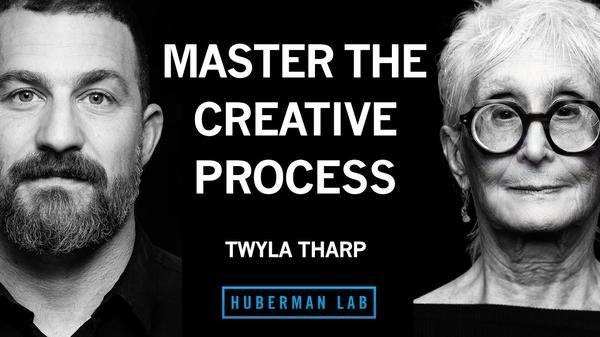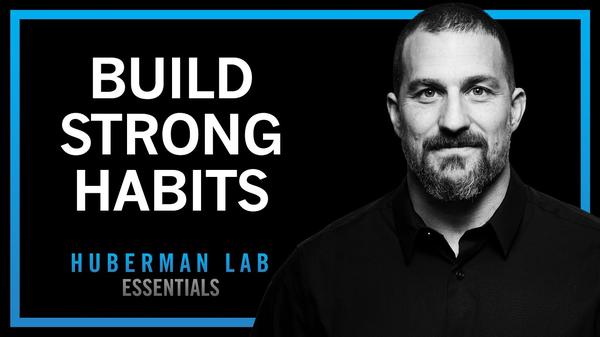
How to Achieve True Happiness Using Science-Based Protocols | Dr. Laurie Santos
Andrew Huberman
Dec 23, 2024
Mindsip insights from this episode:
Practice negative visualization to enhance life appreciation
The Stoic practice of 'negative visualization,' briefly imagining that you've lost the good things in your life, powerfully breaks through hedonic adaptation and increases appreciation.
Avoid external tracking to preserve joy in exercise
Using external tracking tools for an intrinsically rewarding activity like exercise can shift your focus to the metric, making the activity itself less enjoyable over time.
Differentiate between happiness in life and happiness with life
Social scientists distinguish between being happy *in* your life, which is your emotional state, and being happy *with* your life, which is your cognitive evaluation of its purpose and direction.
Engage in social interactions to exceed happiness expectations
Studies show introverts predict social interactions will be unpleasant, but when they engage, they report a level of happiness that is much higher than they expected.
Prioritize real-time conversations over digital interactions for meaningful connections
Asynchronous digital interactions like texting are the 'NutraSweet' of social connection, providing a brief taste without the psychological nutrition of real-time conversation.
Minimize phone presence to boost cognitive performance
The mere presence of your phone in the room significantly diminishes cognitive performance because your brain expends energy inhibiting the urge to look at it.
Engage in delight practice to counter negativity bias
A 'delight practice,' which involves noticing small, joyful, sensory moments, can be a more effective way to counter the brain's negativity bias than a formal gratitude practice.
Appreciate bronze medal happiness over silver medal comparison
Olympic bronze medalists are often happier than silver medalists because their reference point is not getting a medal, while silver medalists compare themselves to winning gold.
Transform your job into a calling through job crafting
You can make any job feel more like a calling by 'job crafting,' which involves actively infusing your daily tasks with your unique signature strengths, such as humor or creativity.
Avoid fantasizing to boost motivation for achieving goals
Fantasizing about a future goal can trick your brain into feeling the reward, which actually reduces your motivation to do the hard work needed to achieve it.
More from
Andrew Huberman
You also might be interested in
The Hidden Damage That Happens "Behind-The-Scenes" In The Adult Entertainment Industry, With Former Adult Actress Felicity Feline
The Science of Erotic Altered States | Biohacking Sex
Neuroscientist: If You’re Feeling THIS, You’ve Lost Touch With Your True Self
Neuroscientist: If You Feel THIS, You're Living the Wrong Life (Unlock The One You're Meant For)
Drain your Brain, Protect it from Alzheimer’s Disease













